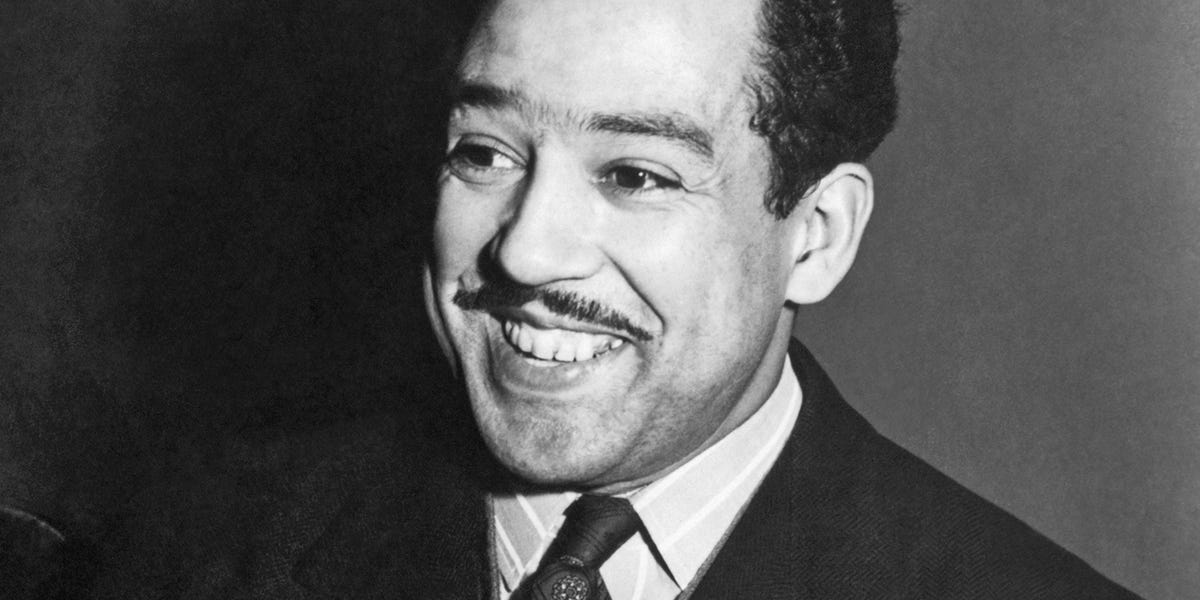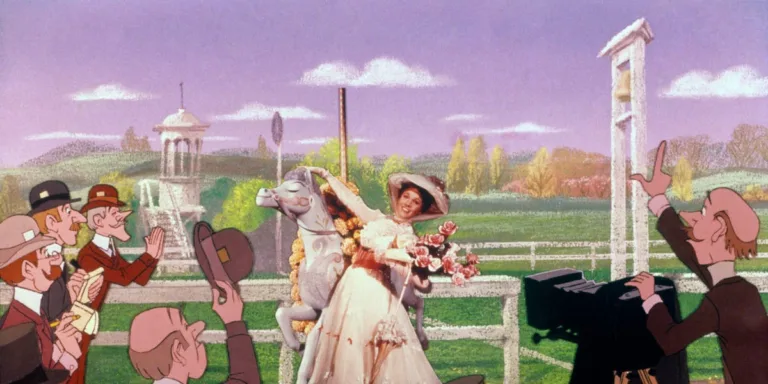Langston Hughes was a literary giant who captured the soul of The Harlem Renaissance with his powerful and evocative poems. His words painted vivid pictures of Black life in America, exploring themes of joy, sorrow, struggle, and hope. He gave voice to the everyday experiences of African Americans, Their Dreams, Their Frustrations, and their unwavering resilience.
Hughes’S Poetry wasn’t just about expressing these realities; it was about celebrating Black culture and identity. He infused his work with the rhythms of jazz and blues, incorporating Black dialect and vernacular language to create a unique and authentic voice. This made his poems instantly relatable and deeply moving for readers of All Backgrounds.
Through his masterful use of language and imagery, Hughes illuminated the human condition in All Its Complexity. He reminded us that despite the hardships faced by Black Americans, there was always beauty, resilience, and a profound yearning for equality.
The Harlem Renaissance and Langston Hughes
Langston Hughes was deeply intertwined with The Harlem Renaissance, a vibrant cultural movement that blossomed in the 1920s and 1930s. This period saw an explosion of Black artistic expression in Harlem, New York, a neighborhood that became a center for writers, musicians, artists, and intellectuals. Hughes’s poetry flourished within this fertile ground, capturing the energy, aspirations, and struggles of a generation seeking recognition and equality.
The Harlem Renaissance provided Hughes with a platform to share his work with a wider audience. His poems, often published in influential magazines and journals of the era, resonated with readers who were hungry for authentic portrayals of Black life. He became a leading voice of the movement, using his words to challenge racial stereotypes and advocate for social justice. The Harlem Renaissance was more than just a cultural phenomenon; it was a catalyst for change, and Hughes’s poetry played a crucial role in Shaping Its Legacy.
Through his powerful depictions of everyday experiences, dreams, and aspirations, Hughes gave voice to the hopes and struggles of an entire community. His work helped to redefine Black identity in America, challenging prevailing narratives and paving the way for future generations of artists and activists.
Themes in Hughes’ Poetry
Langston Hughes’s poetry delves into a rich tapestry of themes that reflect the complexities of the Black experience in America. One of the most prominent themes is the search for identity and belonging. Many of his poems explore the challenges faced by African Americans in a society grappling with racism and prejudice. He celebrates Black culture, heritage, and resilience while simultaneously acknowledging the pain and frustration caused by systemic discrimination.
Another recurring theme is the pursuit of dreams and aspirations. Hughes often portrays ordinary people striving for a better life, facing obstacles but refusing to give Up Hope. His poems resonate with readers who Have Faced Their Own Struggles, offering a message of perseverance and the enduring power of the human spirit. He also touches upon themes of love, family, community, and the beauty found in everyday moments.
Through his evocative language and poignant imagery, Hughes gives voice to universal human experiences while simultaneously shedding light on the unique challenges faced by Black Americans. His work continues to inspire readers with its honesty, depth, and enduring relevance.
 Where Is Nelly From? Rappers Origin & Career
Where Is Nelly From? Rappers Origin & CareerPoetic Style And Influences
Langston Hughes’s poetic style is immediately recognizable for its lyrical beauty and raw honesty. He masterfully blended traditional forms with the rhythms and cadences of Black Vernacular Speech, creating a unique and captivating voice. His poems often incorporated elements of jazz and blues music, infusing his work with a sense of energy and improvisation.
Hughes drew inspiration from a wide range of sources, including the folk poetry and spirituals of the African American community. He was also deeply influenced by the works of other poets, such as Walt Whitman and Carl Sandburg, who celebrated the common man and explored themes of social justice. His style evolved over time, reflecting his own experiences and the Changing Cultural Landscape.
Ultimately, Hughes’s poetic genius lay in his ability to capture the essence of Black life with both precision and passion. He gave voice to the joys, sorrows, dreams, and aspirations of a people striving for equality and recognition, leaving an indelible mark on American literature.
Legacy and Impact of Hughes’ Work
Langston Hughes’s legacy continues to inspire and resonate with readers around the world. His powerful poems, which addressed themes of race, equality, and the African American experience, helped to shape the literary landscape of 20th-century America. He gave voice to a generation seeking recognition and justice, paving the way for future writers and activists.
His work has been widely anthologized and studied in schools and universities, ensuring that his message of hope, resilience, and social change continues to be passed on to new generations. Hughes’S Influence Extends Beyond Literature; his poetry has inspired countless musicians, artists, and filmmakers. His words have become part of the cultural fabric of America, reminding us of the enduring power of art to challenge injustice and Promote Understanding.
Langston Hughes’s contribution to American culture is immeasurable. He not only captured the essence of Black life in verse but also helped to redefine what it means to be an American poet. His work continues to inspire readers To Embrace Diversity, Celebrate Individuality, and strive for a more just and equitable world.
Finding Voice Through Verse
For Langston Hughes, poetry wasn’t just a form of artistic expression; it was a powerful tool for social commentary and personal reflection. He understood the profound impact words could have on individuals and communities. Through his poems, he gave voice to the experiences and emotions of Black Americans who often felt marginalized and unheard.
Hughes believed that poetry had the Power To Bridge Divides, Foster Understanding, and inspire change. His work celebrated the richness and diversity of Black culture while simultaneously addressing the harsh realities of racism and inequality. He used his platform to challenge societal norms and advocate for a more just and equitable world. His poems resonated with readers because they spoke to universal human experiences – love, loss, hope, and the search for identity – while also offering a unique perspective on the Black American experience.
By finding voice through verse, Langston Hughes empowered countless individuals and helped to shape the cultural landscape of America. His legacy continues to inspire writers and activists today who strive to use their voices to make a difference in the world.










